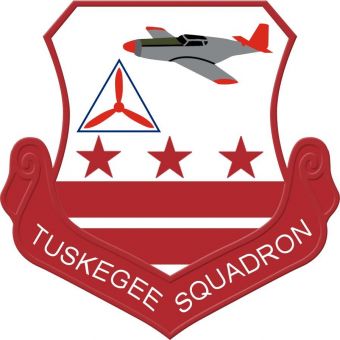- Education Topics
- Achievement Gap
- Alternative Education
- American Education Awards
- Assessment & Evaluation
- Education during COVID-19
- Education Economics
- Education Environment
- Education in the United States during COVID-19
- Education Issues
- Education Policy
- Education Psychology
- Education Scandals and Controversies
- Education Reform
- Education Theory
- Education Worldwide
- Educational Leadership
- Educational Philosophy
- Educational Research
- Educational Technology
- Federal Education Legislation
- Higher Education Worldwide
- Homeless Education
- Homeschooling in the United States
- Migrant Education
- Neglected/Deliquent Students
- Pedagogy
- Sociology of Education
- Special Needs
- National Directories
- After School Programs
- Alternative Schools
- The Arts
- At-Risk Students
- Camps
- Camp Services
- Colleges & Universities
- Counties
- Driving Schools
- Educational Businesses
- Financial Aid
- Higher Education
- International Programs
- Jewish Community Centers
- K-12 Schools
- Language Studies
- Libraries
- Organizations
- Preschools
- Professional Development
- Prom Services
- School Assemblies
- School Districts
- School Field Trips
- School Health
- School Supplies
- School Travel
- School Vendors
- Schools Worldwide
- Special Education
- Special Needs
- Study Abroad
- Teaching Abroad
- Volunteer Programs
- Youth Sports
- For Schools
- Academic Standards
- Assembly Programs
- Blue Ribbon Schools Program
- Educational Accreditation
- Educational Television Channels
- Education in the United States
- History of Education in the United States
- Reading Education in the U.S.
- School Grades
- School Meal Programs
- School Types
- School Uniforms
- Special Education in the United States
- Systems of Formal Education
- U.S. Education Legislation
- For Teachers
- Academic Dishonesty
- Childcare State Licensing Requirements
- Classroom Management
- Education Subjects
- Educational Practices
- Interdisciplinary Teaching
- Job and Interview Tips
- Lesson Plans | Grades
- Professional Development
- State Curriculum Standards
- Substitute Teaching
- Teacher Salary
- Teacher Training Programs
- Teaching Methods
- Training and Certification
- For Students
- Academic Competitions
- Admissions Testing
- At-Risk Students
- Career Planning
- College Admissions
- Drivers License
- Educational Programs
- Educational Television
- High School Dropouts
- Higher Education
- School Health
- Senior Proms
- Sex Education
- Standardized Testing
- Student Financial Aid
- Student Television Stations
- Summer Learning Loss
Civil Air Patrol Tuskegee Composite Squadron

Basic Information
Address: 200 McChord Street SW #113,Hangar 1
Joint Base Anacostia-Bolling, DC 20032
Phone Number: 7575353538
Director: Col. Richard Cooper
Additional Information
Causes Served: Aerospace Education, Emergency Services and Cadet Programs
Clearances Required: No
Background Check: Yes
Population Served: 1,500 communities nationwide
Ages for Volunteer: 12 and older
Hours of Service: 6pm - 9pm
Days of Service: 1
Mission Statement:
Volunteers Serving America’s Communities, Saving Lives, and Shaping Future
Philosophy/Belief Statement:
Core Values
Integrity, Volunteer Service, Excellence, and Respect.
Events:
Annual Calendar
The major events on the annual cadet calendar.
Month Event
Jan National Cadet Special Activity applications due for cadets wanting to be considered for "Primary" status
College & flight scholarship applications close
Feb Summer Encampments announced
Mar College & flight scholarship winners announced
National Cadet Special Activity "Primary" slotting announced
Apr
May
Jun
Jul
Aug Cadet Advisory Council appointments due
Sep
Oct Winter Encampments announced
Cadet Advisory Council term begins
Nov
Dec National Cadet Special Activities announced & begin accepting applications
College & Flight Scholarship opportunities announced & begin accepting applications
Additional Information:
CAP is a 501(c)3 non-profit organization that serves as the civilian auxiliary to the U.S. Air Force. The Cadet Program is one of CAP's three missions. As a CAP cadet, you will participate in a year-round program where you fly, learn to lead, hike, camp, get in shape and push yourself to new limits.
The program transforms youth into dynamic citizens and aerospace leaders through a curriculum that focuses on four elements: leadership, aerospace, fitness and character
As you participate in these four elements, you advance through a series of achievements, earning honors and increased responsibilities along the way. Many of the nation's astronauts, pilots, engineers and scientists first explored their careers through CAP. The leadership skills, self-confidence and discipline you gain will prepare you to achieve whatever goals you set for yourself in life.
If you're between 12 and 18 years of age and dreaming about a career in aviation, space or the military, CAP's Cadet Program is for you.


